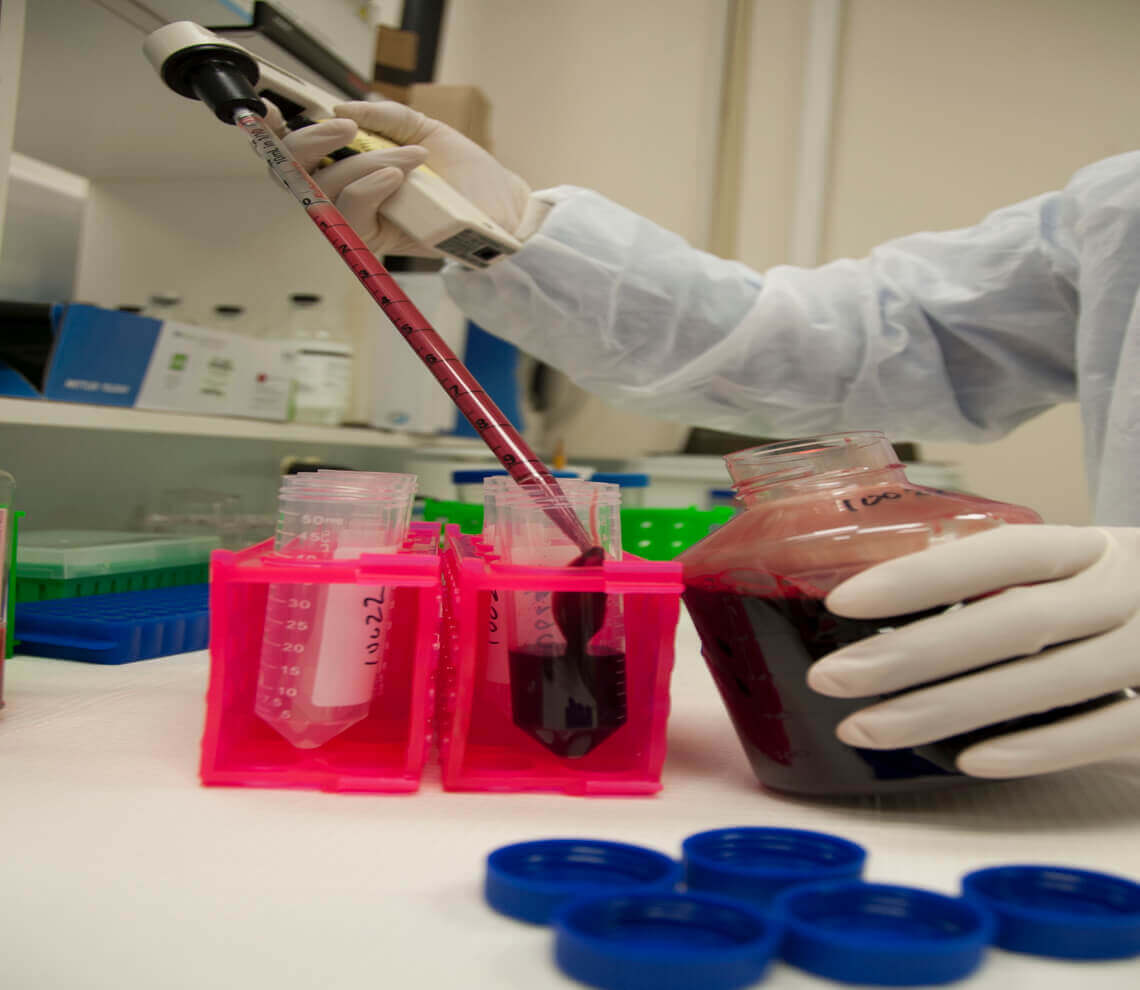- Our Suppliers
- MBS Monoclonals
- MOUSE Anti-HUMAN CD16:RPE Antibody
Product short description
Price:
475 EUR
Size:
100 Tests
Catalog no.:
GEN214375
Product detailed description
Gene name synonims
N/A
Purification method
N/A
Concentration
N/A
Also known as
CD16
Gene name
CD16
Immunoglobulin isotype
IgG1
Clone
DJ130c
French translation
anticorps
Clonality
Monoclonal
Category
Antibodies
Latin name
Mus musculus
Host organism
Mouse (Mus musculus)
Subcategory
Mnoclonal antibodies
Tested applications:
Flow Cytometry (FACS)
Form/Appearance
RPE (Purified IgG conjugated to R. Phycoerythrin (RPE) - lyophilised)
Other gene names
FCGR3B; FCGR3B; CD16; FCG3; CD16b; FCGR3; FCR-10; FCRIII; FCRIIIb; CD16B; FCG3; FCGR3; IGFR3; Fc-gamma RIII; Fc-gamma RIIIb; FcRIII; FcRIIIb
Description
This antibody needs to be stored at + 4°C in a fridge short term in a concentrated dilution. Freeze thaw will destroy a percentage in every cycle and should be avoided.
Species reactivity
Human (Homo sapiens); Due to limited knowledge and inability for testing each and every species, the reactivity of the antibody may extend to other species which are not listed hereby.
Other names
low affinity immunoglobulin gamma Fc region receptor III-B isoform 2; Low affinity immunoglobulin gamma Fc region receptor III-B; low affinity immunoglobulin gamma Fc region receptor III-B; fc-gamma RIII; fc-gamma RIIIb; fc-gamma RIII-beta; igG Fc receptor III-1; Fc-gamma receptor IIIb (CD 16); Fc fragment of IgG, low affinity IIIb, receptor for (CD16); Fc fragment of IgG, low affinity IIIb, receptor (CD16b); Fc-gamma RIII-beta; Fc-gamma RIII; Fc-gamma RIIIb; FcRIII; FcRIIIb; FcR-10; IgG Fc receptor III-1
Test
MBS Monoclonals supplies antibodies that are for research of human proteins.Mouse or mice from the Mus musculus species are used for production of mouse monoclonal antibodies or mabs and as research model for humans in your lab. Mouse are mature after 40 days for females and 55 days for males. The female mice are pregnant only 20 days and can give birth to 10 litters of 6-8 mice a year. Transgenic, knock-out, congenic and inbread strains are known for C57BL/6, A/J, BALB/c, SCID while the CD-1 is outbred as strain.
Properties
If you buy Antibodies supplied by MBS Monoclonals they should be stored frozen at - 24°C for long term storage and for short term at + 5°C.Human proteins, cDNA and human recombinants are used in human reactive ELISA kits and to produce anti-human mono and polyclonal antibodies. Modern humans (Homo sapiens, primarily ssp. Homo sapiens sapiens). Depending on the epitopes used human ELISA kits can be cross reactive to many other species. Mainly analyzed are human serum, plasma, urine, saliva, human cell culture supernatants and biological samples.
Storage and shipping
Keep the antibody refrigerated at +4 degrees Celsius. Temperature variations in the range between +1C to +7C are tolerable. DO NOT FREEZE. Storage in frost-free freezers is not recommended. the antibody should be stored undiluted. Repeated freeze - thaw cycles may denature the peptide chains of the antibody and therefore should be maximally avoided. the antibody is photosensitive and should be protected from light. If there is a precipitate in the vial we recommend you to briefly microcentrifugate it prior to use. Shelf Life: 18 months from date of reconstitution.
Specificity and cross-reactivity
CD16 This item recognises human CD16, a 50-65kD cell surface molecule, which is the low affinity receptor for IgG (FcR III). CD16 exists as a transmembranous form (Fc gammaRIIIA, or CD16A) and a glycosyl phosphatidylinositol (GPI) anchored form (Fc gammaRIIIB, or CD16B). CD16A is expressed by NK cells, some T cells, and macrophages, whereas CD16B is primarily expressed by granulocytes. In addition, CD16B exists as two allelic variants NA1 and NA2. DJ130c recognises all polymorphonuclear cells irrespective on their NA phenotype. _x000D__x000D_Studies show that the DJ130c antibody recognises an epitope in the first membrane-distal domain of CD16 and recognises both CD16A and CD16B. ; Since it is not possible to test each and every species our knowledge on the corss reactivity of the antibodies is limited. This particular antibody might cross react with speacies outside of the listed ones.
© Copyright 2016-Tech News . Design by: uiCookies

